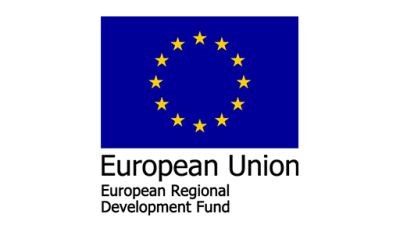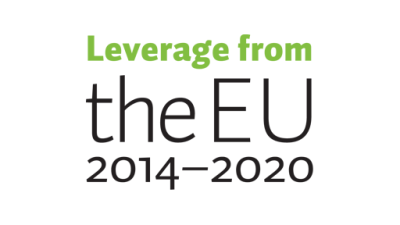Project
Smart Farm for Bioeconomy Campus
Project sponsors
The Smart Farm project is developing a unique competence centre for Smart Agriculture at Bioeconomy Campus in Saarijärvi, Central Finland. The goal of the operation of the Smart Farm is to accelerate the introduction of the necessary intelligent technologies on farms. The aim is to remove barriers to the spread of applications and to accelerate innovation in the sector so that it will bring significantly more benefits to the region's business community. In the future, the Smart Farm will work for the benefit of the whole of Finland and internationally as well.
The project will implement three different examples of smart farming: 'Intelligent data collection for arable farming', 'Field water management' and 'Availability of 5G networks from a forest management perspective'. From these, a comprehensive collection of different types of data related to each case is collected. Based on the processed data, measures are planned and implemented and reported to the Farm Information System (FMIS) for further use. The latest smart technology is used for data collection and the FMIS is used for data processing purposes. A Farm Data Storage is realised in connection of the FMIS. An analysis is made to assess cybersecurity in data processing.
The result of the project is a flexible Smart Farm concept that is available for applied research, experimentation, and piloting of various smart technology innovations.
Contact:
DrSc Hannu Haapala, project manager
hannu.haapala@jamk.fi
+358 50 597 7845
Project results
The Smart Farm project lasted for two growing seasons in the years 2022-2023. The test fields (Huipuri and Maatalo) were instrumented with soil sensors. Planting was carried out with an ISOBUS-compatible tractor and combined seed/fertilizer drill. The growth of the crops was monitored weekly through fixed-wing drone imaging, which utilized three payload cameras: RGB, thermal, and multispectral. Additionally, manual crop measurements were conducted. The manual measurements were taken around the soil sensor locations to obtain precise spatial information about different areas' characteristics.
Huipuri field was divided into traditional and Smart Agriculture cultivation. Both were planned using a farm management software. Traditional manual cultivation was carried out with standard fertilization rates, while Smart Agriculture used Variable Rate Control based on soil properties. Fertilization was split, with 2/3 applied during planting and an additional 1/3 applied using a top-dressing spreader. Furthermore, a fertilization rate test was conducted on the Maatalo field using the mentioned ISOBUS equipment with different fertilization rates.
Harvesting was done using a combine harvester equipped with a yield monitor. To calibrate the yield monitor, the yield was also measured using a weighbridge.
In 2022, a yield prediction measurement was conducted on the fields, where short video clips were recorded for analysis using AI algorithms.
Telemetric data from the tractor during the work was recorded for analysis.
A version of Farmer's Data Storage was created, where data from soil sensors and drone measurements were stored and visualized. Data licensing and sharing in the data space were demonstrated in collaboration with companies.
As a summary of the project the Smart Farm Concept has been developed. It can be utilized in future projects and educational settings as a platform for development and experimentation. This concept accelerates the adoption of necessary innovations in Smart Farming. The core of the concept is a physical Smart Farm with continuous measurements and monitoring, making it versatile for the development of Smart Farming technologies and practices. Älymaatila has also become part of the Nordic Testbed Network under the name 'Smart Bioeconomy Testbed,' reflecting its nature as a genuine testing environment. Additionally, the concept includes support for research, development, and education activities, which will be provided in the form of a Digital Innovation Hub (DIH) in the future.
The project lays the foundation for the Finnish Future Farm project, which will immediately follow. In this project, the physical Smart Farm will be integrated with a Digital Twin and extensive training and business accelerator components.
Updated on October 2, 2023.

